The neurodiverse classroom: educating all minds
Teachers and educators are invited to join us for our 2023 Education Conference, ‘The neurodiverse classroom: educating all minds’. This diverse and exciting range of speakers, workshops and exhibitors will inspire and equip you with practical skills to help all of your learners thrive in school.
Glasgow, 28 October, 2023
Places for our 2023 conference have now sold out.
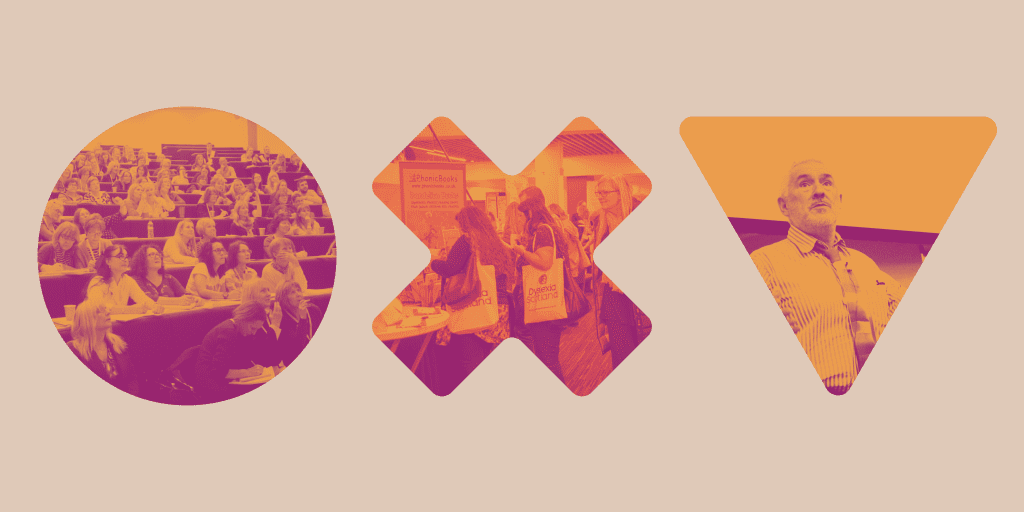

Keynotes
Dr Rob Long (D.Ed.Psych.): This Way Up
Our understanding of why so many children and young people face challenges in learning situations has grown immensely. Back by popular demand, Dr Rob Long will explore how this understanding can inform a range of practical interventions for both staff and school systems to improve the educational outcomes for our most vulnerable young people.
Always an incredibly popular and inspiring speaker at our events, Dr Long will look at:
- Mental health and wellbeing – how do they relate?
- Neurodiversity today – dyslexia, Autistic Spectrum Condition (ASC) and Attention Deficit Hyperactivity Disorder (ADHD) – canaries in the classroom?
- Exclusion behaviour and mental health – a bi-directional relationship
- From risk to resilience – positive psychology
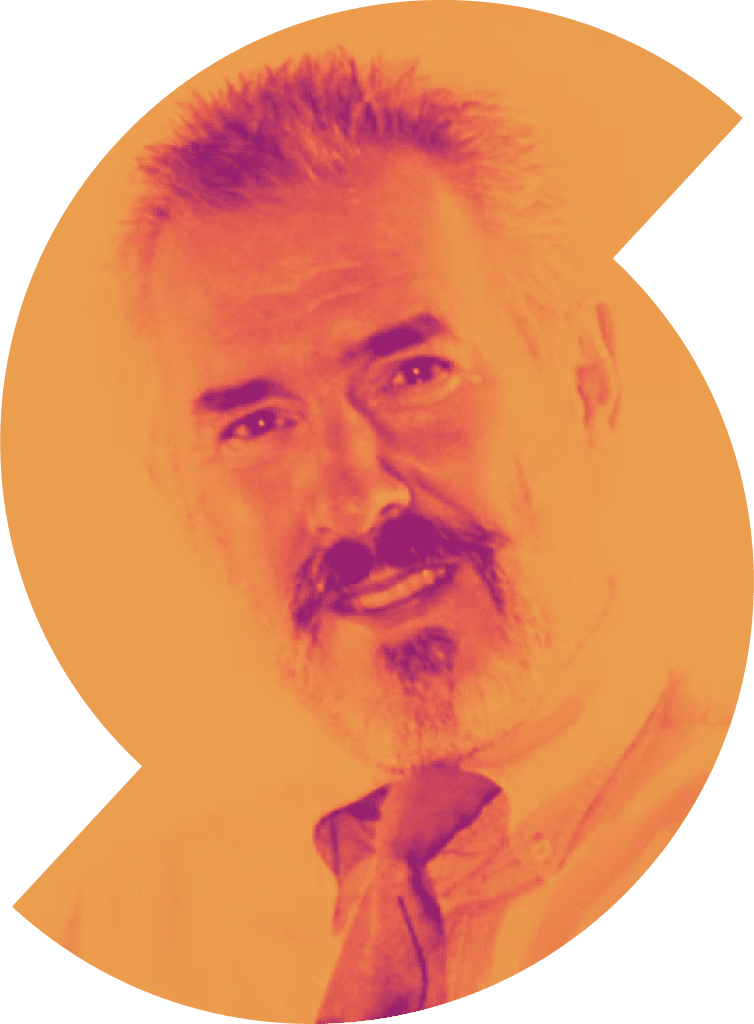

Mary Berrill, Educational Consultant for Dyslexia Scotland
Hilary Aitken, Chartered Teacher (Lead) Literacy/Dyslexia Support Team, City of Edinburgh Council:
The Sean Connery Foundation Dyslexia Initiative
The Sean Connery Foundation Dyslexia Initiative is a unique three-year partnership between the City of Edinburgh Council (CEC), Dyslexia Scotland and the Sean Connery Foundation. Learn how this innovative approach supports learners assessed as experiencing literacy difficulties, building on the work of CEC’s established Literacy/Dyslexia Support Team. The presentation provides a general overview of the Initiative, followed by details of the structure and methodology used to train Pupil Support Assistants to play an instrumental role within the programme.
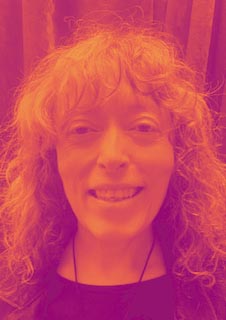

Trevor Thomson, dyslexic film maker: The difference you make
We will finish up with a short inspirational segment at the end of the day. You will see a preview of an upcoming documentary on dyslexia and mental health that highlights the importance of getting support right from the start and how dedicated educators like you can change lives.


Workshops
Numeracy as a responsibility of all: supporting learners with mathematics difficulties (primary/secondary)
In this workshop, you will hear about mathematical difficulties commonly faced by learners with dyslexia and dyscalculia as well as inclusive teaching practices that can be helpful in supporting all learners. The workshop will also explore the impact of maths anxiety and the importance of understanding progression. The new Scottish working definition of dyscalculia will be discussed and attendees will be directed towards a suite of resources that are now available. This workshop will be of use to primary and secondary practitioners.
Iona Coutts, Education Officer: Numeracy and Mathematics, Education Scotland.
Maria Docherty, Education Officer: Numeracy and Mathematics, Education Scotland.
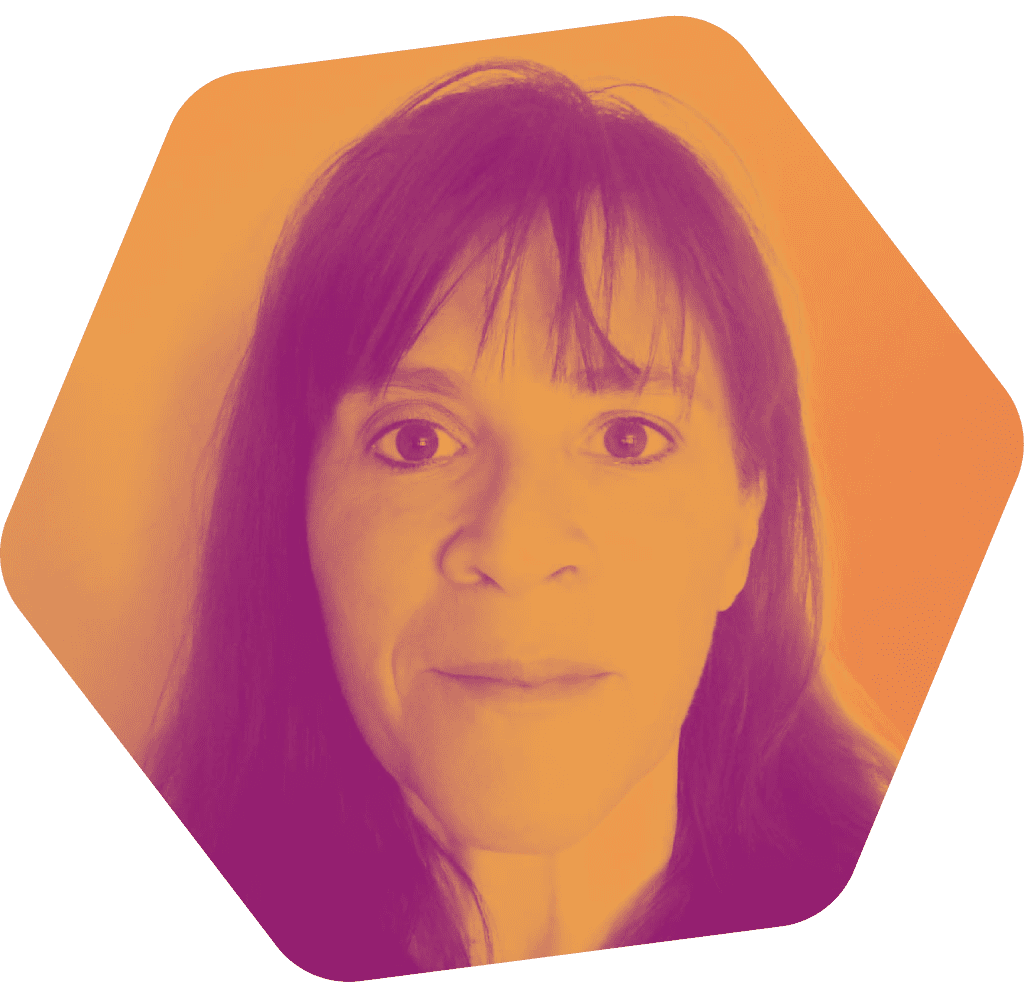



Assistive Technology in SQA exams and assessments – what can help? (secondary)
In this workshop you will learn about the use of assistive technology and digital question papers in SQA exams. More and more dyslexic learners in Scotland are using iPads, Chromebooks and laptops in school and college, so we will be thinking about whether and how these devices can be used in exams. We’ll try to dispel some myths and misconceptions and you’ll find out more about how to choose the most suitable type of support for your exams.
Paul Nisbet, CALL Scotland.
Annette Foulcer, SQA.
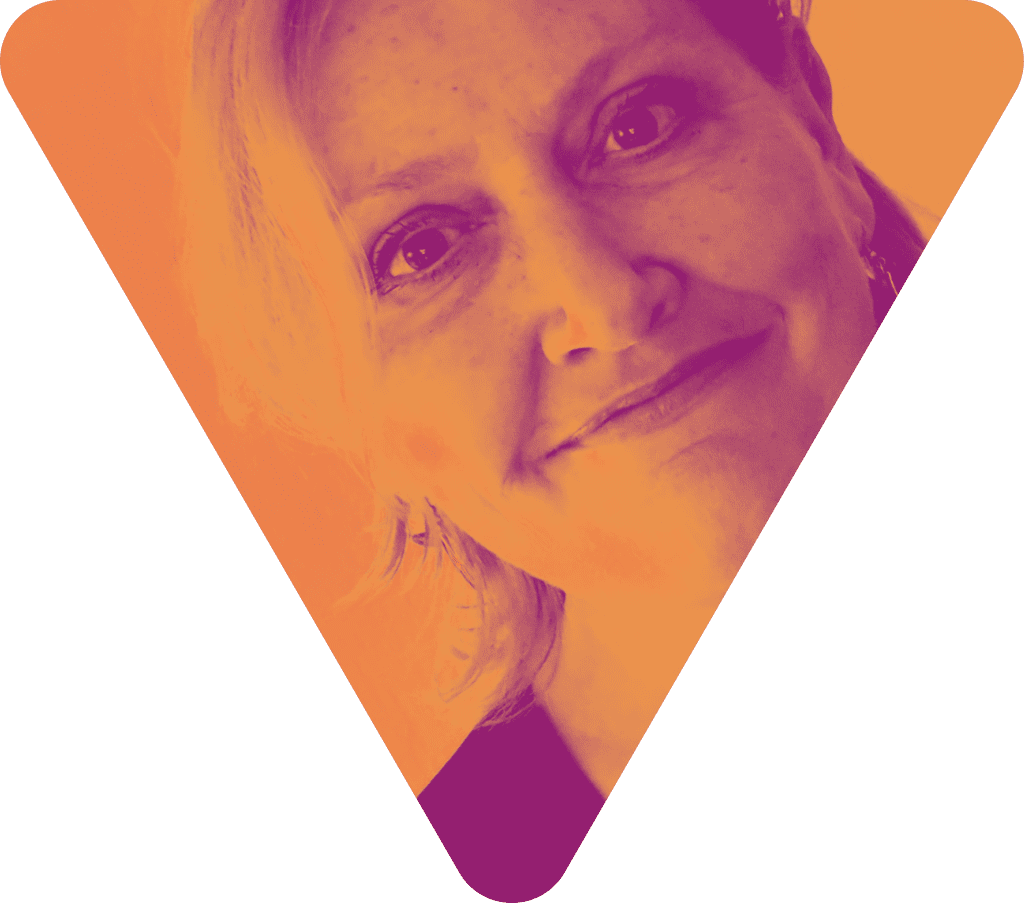



Dyslexia and Gaelic Medium Education (GME) (primary/secondary)
- Please note that this workshop will be in English
This workshop will provide the opportunity for practitioners to explore what having dyslexia means in the context of GME. Workshop leaders will share useful and practical advice and guidance on supporting GME learners with dyslexia. Attendees will have the opportunity to share experiences and practice in support of building confidence in this area.
Dyslexia agus Foghlam tro Mheadhan na Gàidhlig (FMG)
Bheir a’ bhùth-obrach seo cothrom do luchd-cleachdaidh sgrùdadh a dhèanamh air na tha Dyslexia a’ ciallachadh ann an co-theacsa FMG. Bidh luchd-stiùiridh nam bùthan-obrach a’ roinn comhairle agus stiùireadh feumail agus practaigeach mu bhith a’ toirt taic do luchd-ionnsachaidh FMG le Dyslexia. Bidh cothrom aig luchd-frithealaidh eòlasan agus cleachdaidhean a cho-roinn gus taic a thoirt do bhith a’ togail misneachd san raon seo.
Maeve Mackinnon, Senior Education Officer, Gaelic, Education Scotland (Oifigear Stiùiridh Foghlaim, Gàidhlig, Foghlam Alba).
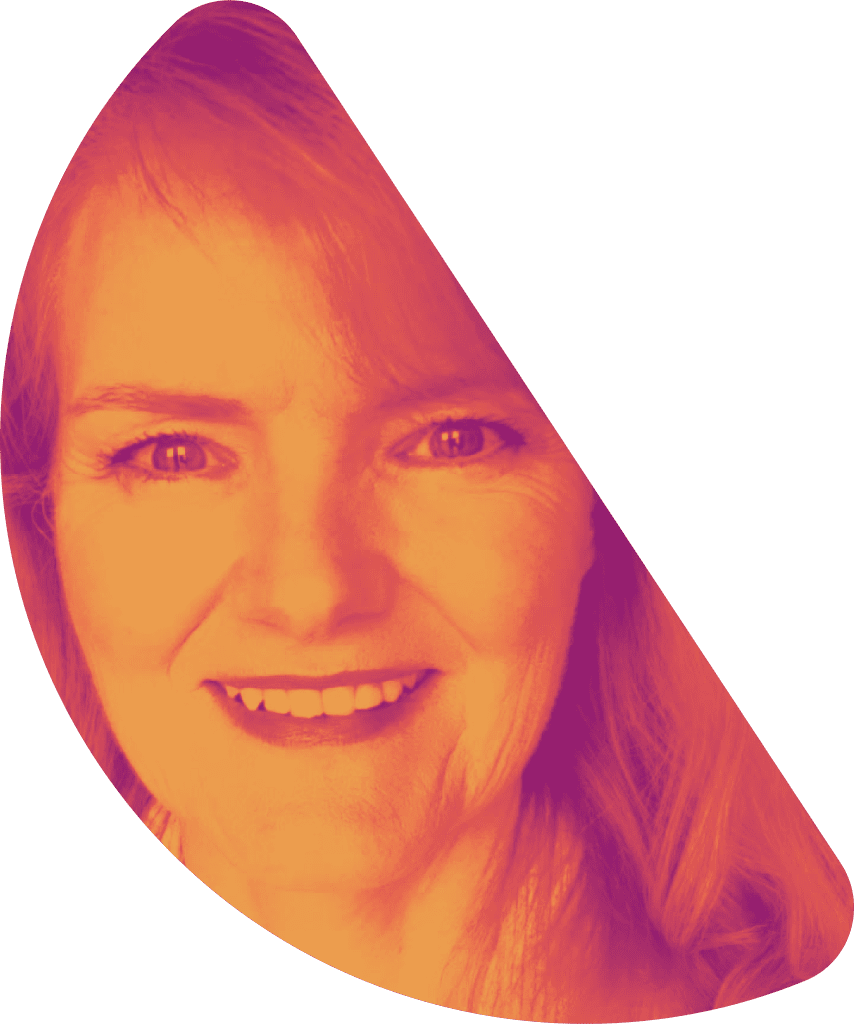

Dyslexia, deafness and auditory processing (primary/secondary)
The pathway for identification with deaf learners and those with auditory processing difficulties can present some complex challenges. This workshop will share some research and practical insight into ways of gathering appropriate evidence for holistic assessment and untangle some of the issues.
Samantha Moir, Depute Head Teacher, St. Roch’s Primary School (Enrolled on the Dyslexia and Inclusive Practice GTCS Professional Recognition Programme with a focus on deafness and dyslexia.)
Jennifer Kelly, Acting Principal Teacher of Support for Learning and Teacher of the deaf at St Roch’s Secondary School, Glasgow.
Leslie Rowand is a teacher with Glasgow Dyslexia Support Service, supporting SLT, Teachers and Support for Learning workers both within their establishments and citywide.
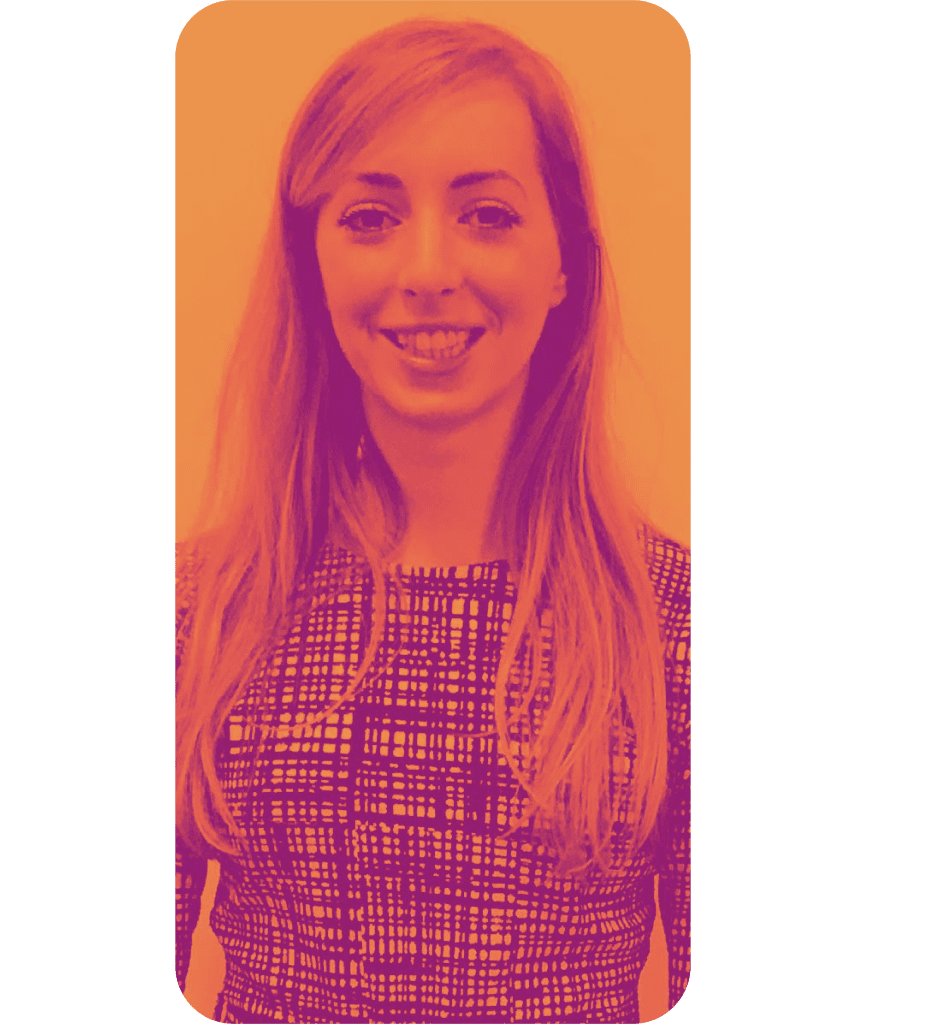

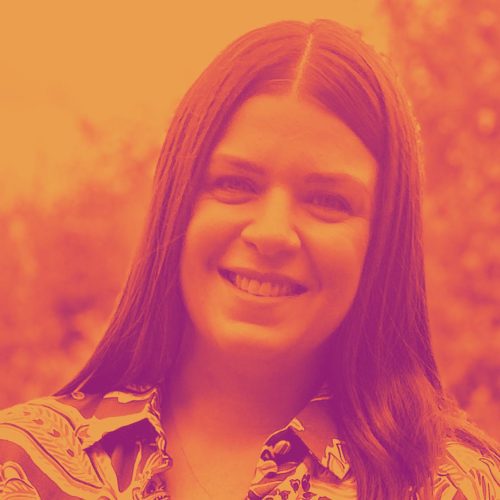



Neurodiversity – adapting practice to meet individual needs (primary/secondary)
This workshop will help attendees to think about how to support neurodiverse children, young people and their families, as well as highlighting a range of high-quality training materials and resources. The facilitators aim to create a reflective space to consider the opportunities and challenges and to think about how to co-create helpful ways of working.
It will be set in the context of the ‘Neurodevelopmental Service Specification’ which sets out a framework for practice that aims to ensure that children and families receive the support and access to services that meet their needs at the earliest opportunity, based on the GIRFEC approach. For many children and young people, such support is likely to be community-based, and should be quickly and easily accessible.
Dr Suzy O’Connor, Clinical Psychologist, NHS Education for Scotland Programme Lead for Early Interventions, Neurodiversity in Children and Young People, and the Psychology of Parenting Project.
Dr Camilla Dyer, Clinical Psychologist, NHS Education for Scotland Programme Lead for Early Interventions, Neurodiversity in Children and Young People, and the Psychology of Parenting Project.
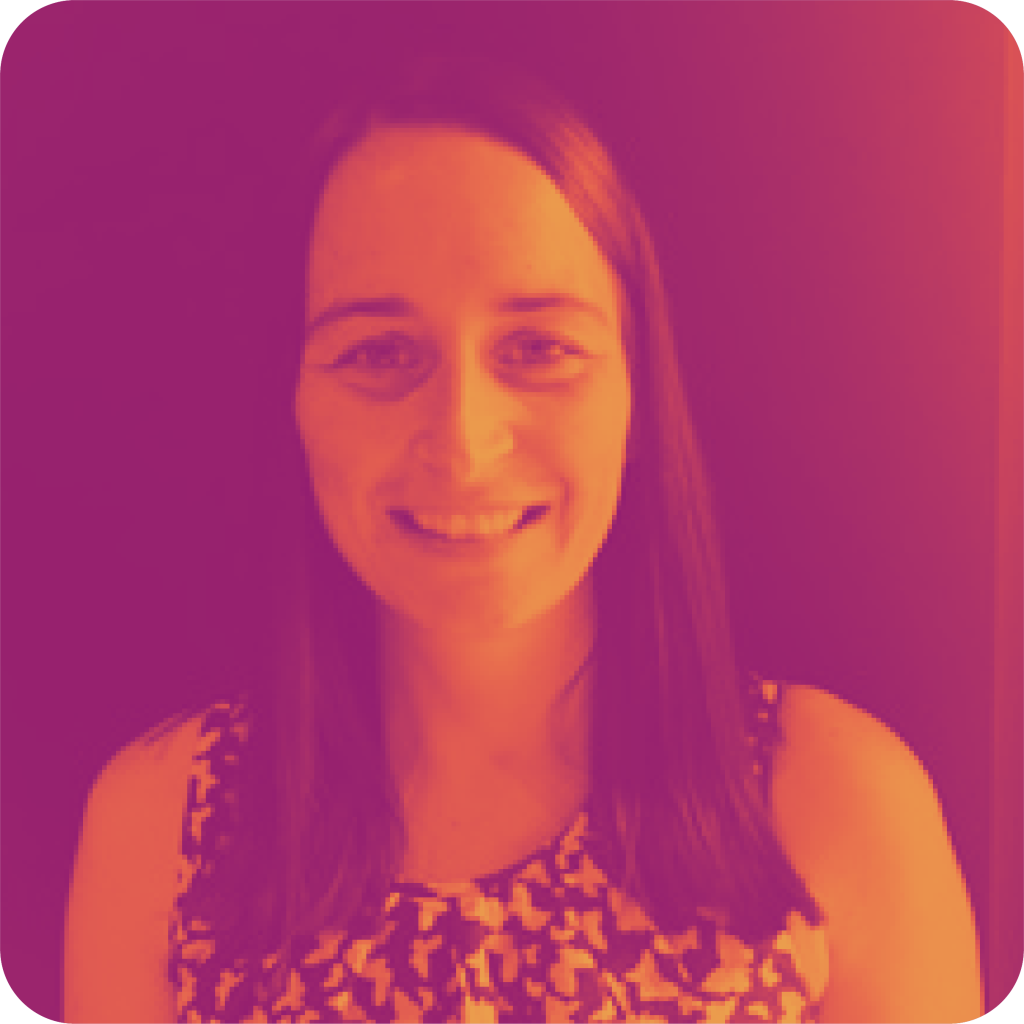

Dyslexia in the classroom (primary/secondary)
Hear from one of Dyslexia Scotland’s inspiring Young Ambassadors who is currently studying Primary Teaching at the University of Glasgow. Drawing from her own experiences, Rachel will highlight what it is like to be a dyslexic pupil in the classroom, the signs of dyslexia and the challenges and positives it presents. The workshop will also cover what a teacher can do to help and the strategies that have allowed Rachel to succeed. Rachel has delivered many talks and training sessions to schools and further education establishments and her insights will help you understand dyslexia from the perspective of a pupil and a teacher.
Rachel Miller, Dyslexia Scotland Young Ambassador.


Programme
| Time | Event |
|---|---|
| 09.00 – 09.30 | Registration, tea/coffee |
| 09.30 – 09.40 | Welcome and housekeeping |
| 09.40 – 10.40 | Keynote speaker: Dr Rob Long, ‘This Way Up’ |
| 10.40 – 11.20 | Keynote speaker: Mary Berrill and Hilary Aitken, Sean Connery Foundation Dyslexia Initiative |
| 11:20 – 11:35 | Question and Answer |
| 11:35 – 12:00 | Morning break, tea/coffee, exhibitors |
| 12:05 – 1.05 | Workshop One |
| 1.05 – 2.05 | Lunch/exhibitors |
| 2.10 – 3.10 | Workshop Two |
| 3.10 – 3:30 | Afternoon break, exhibitors |
| 3.30 – 3.50 | The difference you make: Trevor Thomson, film maker |
| 3.50 – 4.00 | Final comments and close: Cathy Magee, Chief Executive, Dyslexia Scotland |
Information about the event
A delegate brochure with information about the day will be emailed to you in the week before the conference. You will also receive a hard copy on arrival.
Venue
The venue is the Technology and Innovation Centre, University of Strathclyde, 99 George Street, Glasgow G1 1RD.
For details about how to get there, including discounted parking, see The University of Strathclyde information on attending an event.
Cancellation policy
Registered delegates may receive a full refund of any payment made up to 30 days before the event. From 29 days before the event, no refunds will be made unless Dyslexia Scotland is forced to cancel the event.
Dyslexia Scotland will not accept liability for people unable to attend due to circumstances outside our control (such as illness, work or other personal commitments). As a not-for-profit charity, Dyslexia Scotland needs to ensure that we cover the running costs of delivering our conference; unfortunately this means that we are unable to reimburse attendees if they are not able to participate on the day.
Where circumstances force Dyslexia Scotland to cancel this event, the liability of Dyslexia Scotland shall be limited to a refund of any fees paid for tickets at this event only. Dyslexia Scotland is not liable for any consequential loss you may incur.
Dyslexia Scotland is a charitable organisation (SC 000951).
Conference contact
If you have any queries about this event please email Celia Richardson, Assistant Conference Organiser, at [email protected]